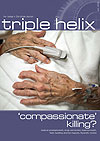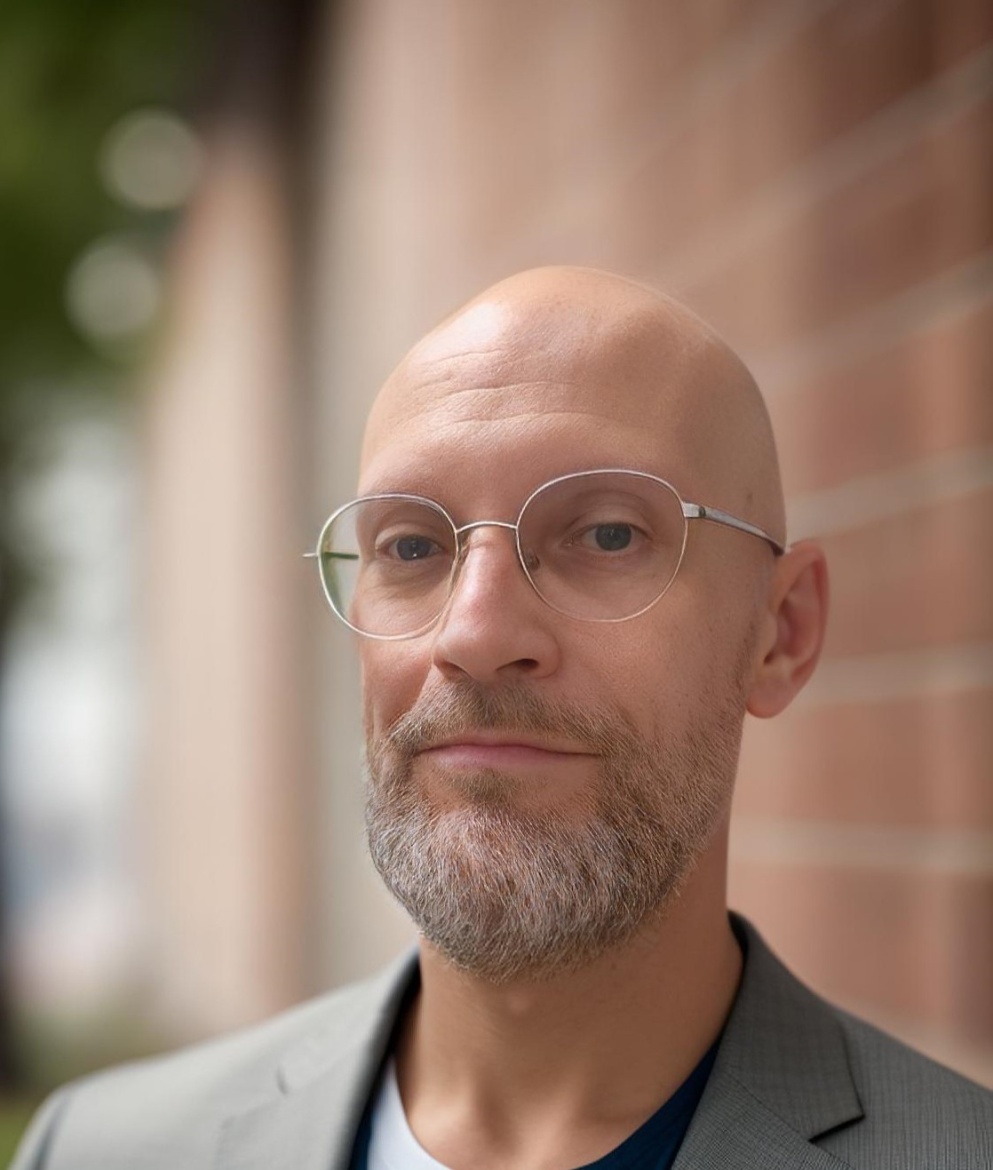This January a consultation closed about standards and competencies for spiritual care delivery in the NHS in Wales. Final standards and guidelines should be out soon.
Several Christian organisations (including Healthcare Christian Fellowship, Christian Nurses and Midwives (1) and Evangelical Alliance) made submissions, and most agreed the only real deficit was the failure to recognise that doctors, nurses and other staff all have key roles to play in delivering spiritual care. It is not just about chaplains. We wait to see how final strategy documents will address this.
Wales is the second UK country to set such standards. Scotland went further in 2001, requiring every health board to have a clearly stated spiritual care strategy. (2) England and Northern Ireland lag far behind, yet the WHO has made it clear that health includes a spiritual dimension. When the National Secular Society called last year for the removal of chaplains from NHS payrolls (apparently confused over the differences between spiritual care, religious care and evangelism), (3) it was clear from the reaction of health service managers, doctors, and other clinicians that the spiritual input of chaplains is of benefit to patients (and staff). (4) However, the question is, what kind of spiritual input? Spiritual care is not always related to faith or religion, although in practice it often is. It can involve a sharing of one's own faith, but is not about evangelism per se. However, research overwhelmingly suggests that a person delivering spiritual care needs a well developed spirituality of their own, (5) so Christian doctors and other health professionals are well placed, if not always well skilled, to deliver such care. But in reality many Christian health professionals are not well prepared, or lack confidence, to care for patients' spiritual needs. (6)
While the NHS in England dithers, and health professionals withdraw from spiritual care, fearing the consequences of a misplaced word or offer of spiritual support (see the Caroline Petrie case 7), we should be reclaiming this ground. CMF already runs courses such as Saline Solution to help equip Christians in the NHS to be spiritual carers, but we also need to champion the issue in our trusts and PCTs, Royal Colleges, and the Department of Health, so that all recognise the vital need for chaplaincy services and the role that all health professionals, not just chaplains, have to play in spiritual care.
































